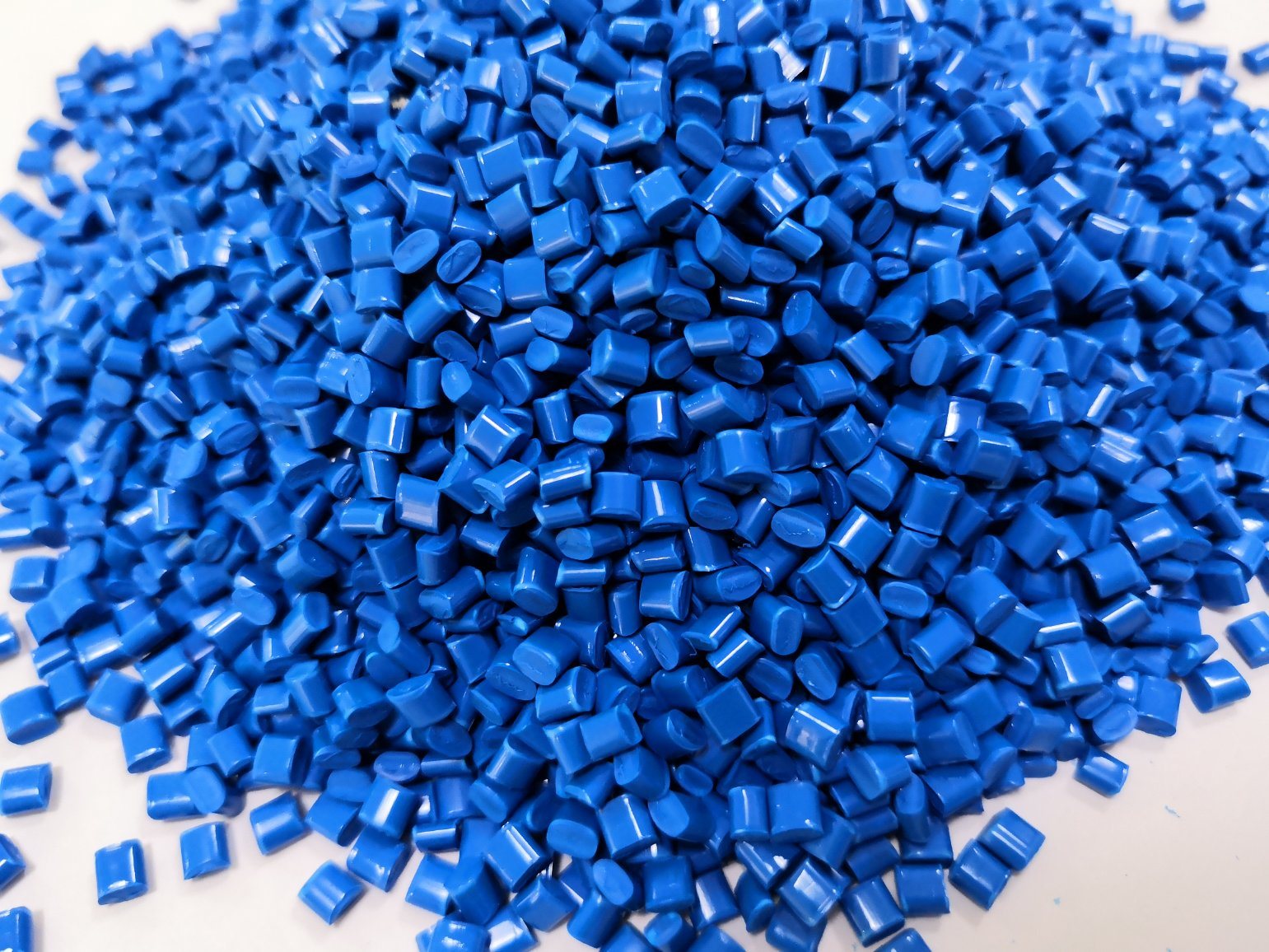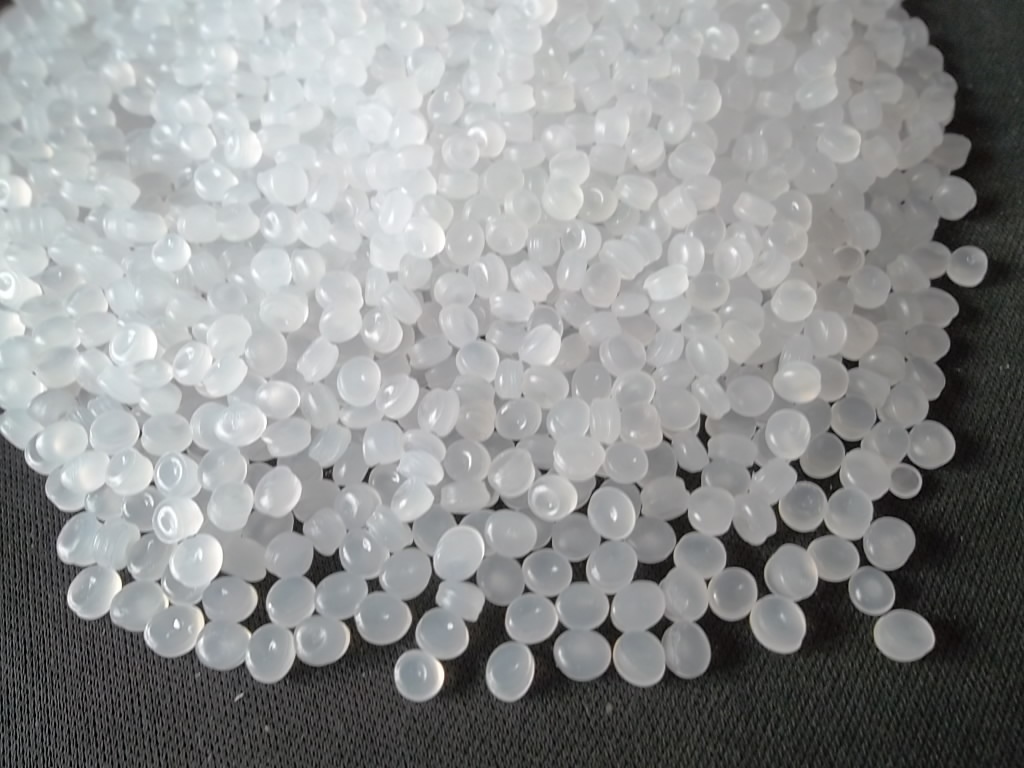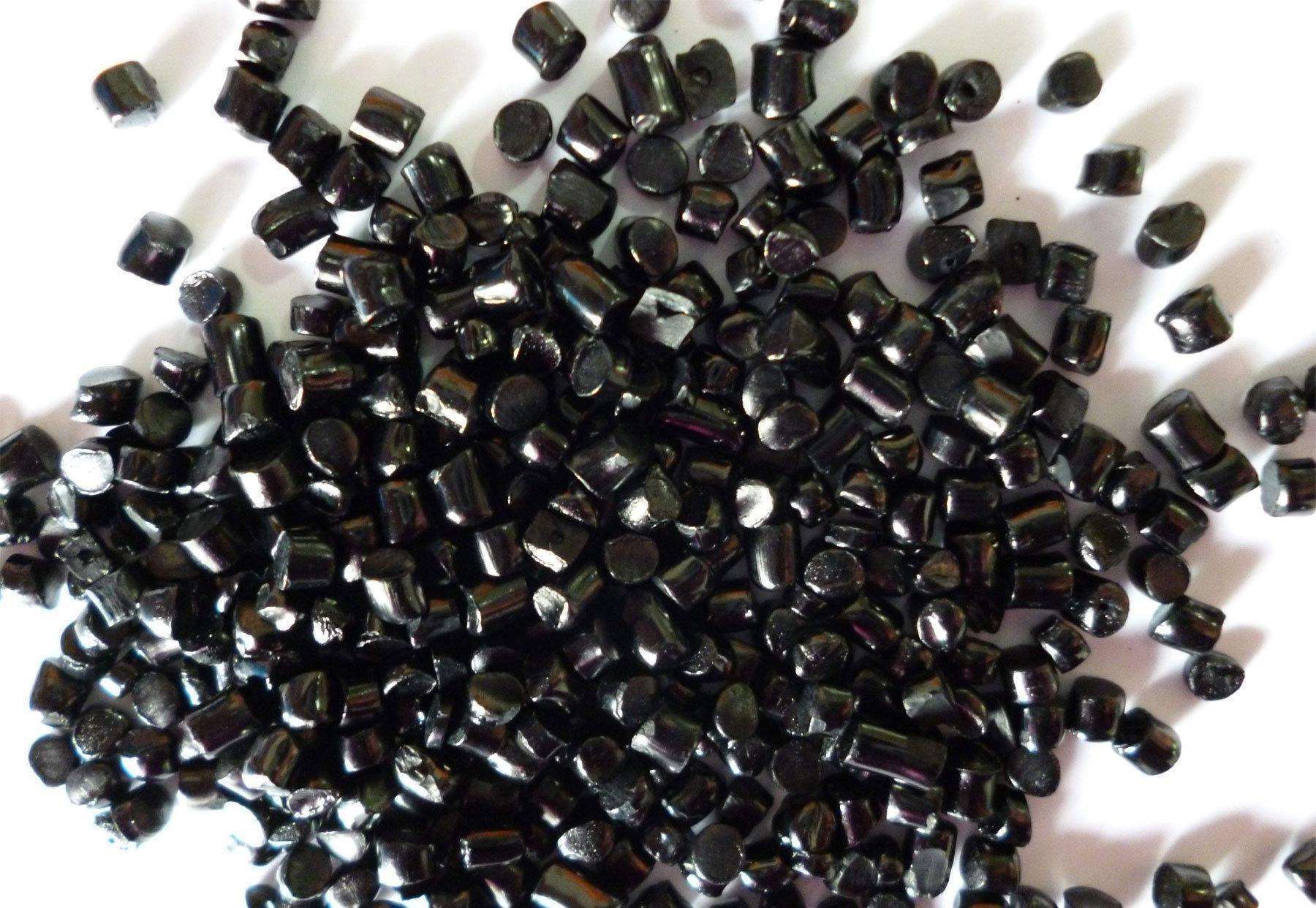As we all know, products made from plastic materials are easy to process, so there are many beautiful designs, but the price is cheap, copper when they are recyclable. The input material to create most of the plastic products that we often see every day is primary plastic beads. Have you ever wondered what primary plastic is, they How is it classified?
What is primary plastic?
Primary plastic (or primary plastic) is produced from unused petroleum and is free from impurities and additives. Primary plasticis classified according to physical properties and applications as follows: PE, PP, ABS, PA, POM, PVC, PET, PC.
Primary plastic beads
Plastic granules PP is the most common type on the market. The physical properties of PP primary plastic are:
– Relatively light density, plasticity and high strength
– Crispy, easily broken into small branches when the temperature is low, and easy to age when left outdoors for a long time.
– Good electrical insulation.
– Melting temperature of PP plastic granules: 170-200°C
– Density of PP resin: 0.92g/cm³
– PP plastic destruction temperature: 280°C
– Suitable mold temperature when injecting PP plastic: 55-65°C
– Shrinkage of PP primary plastic: 1.0〜2.5%
PE resin is an organic compound consisting of many CH2-CH2 ethylene groups linked together by saturated hydrogen bonds, with different crystal structure variations such as HDPE, LDPE, LLDPE used to manufacture products. other products. Physical properties of PE primary plastic granules:
Long life up to 50 years before aging.
– High connectivity
– Good pressure and impact resistance.
– Resistant to chemical corrosion.
– Melting temperature of virgin PE resin: 170-200°C
– Density of virgin PE resin: 0.91-0.97g/cm3
– Shrinkage of virgin PE resin: 2〜6%
– Suitable mold temperature when extruding PE plastic 40-60°C
ABS plastic beads have the following characteristics:
– High hardness so it is difficult to scratch
– Durable when exposed to heat for a long time
– Easy to create bright or luminescent colors
– Good electrical insulation
– ABS resin melting temperature: 190-220°C
– Density of ABS plastic beads: 1.05g/cm3
– Suitable mold temperature for ABS plastic injection: 50-60°C
– ABS plastic shrinkage: 0.4〜0.9%
ABS plastic destruction temperature: 310°C
PET granules
PET resin is a thermoplastic used in fiber synthesis, beverage, food and liquid containers. They are easy to shape and in industry are often associated with glass fibres. Physical properties of PET primary plastic:
– High strength and heat resistance in the environment of 200 degrees Celsius or -90 degrees Celsius but the chemical structure does not change.
– Gas-proof (O2 and CO2)
High mechanical strength, resistant to tear and impact force, high abrasion resistance, high rigidity.
– Transparent PET plastic beads. The surface has a lot of voids, porous, difficult to clean.
– The level of recycling is only about 20%.
Transparent PC plastic beads, 250 times stronger than glass and 40 times stronger than Acryl. This is a stable and flexible engineering plastic that is not affected by food products, so it is used to produce plastic bottles. The characteristics of PC primary plastic granules:
– Higher gas impermeability than PE and PVC resins
– Has very high mechanical strength and rigidity, wear resistance.
– High heat resistance (over 100°C).
PVC virgin plastic granules
PVC is an odorless plastic and is solid in powder or pellet form, most commonly white, the rest are colorless, amber. This is the main raw material for the production of plastic pipes. The characteristics of PVC granules are as follows:
– Non-toxic (products are from PVC if the harm is caused by additives, residual VC monomers).
– Poor impact resistance. To enhance the impact resistance of PVC, manufacturers often mix more: MBS, ABS, CPE, EVA with a ratio of 5 – 15%.
PA, also known as nylon, has the following physical properties:
– Wear resistance, high mechanical strength, light weight, chemical resistance, low temperature resistance, high glossiness
– Easy to process, non-toxic, easy to color.
– Heat resistant and good electrical insulation
– High hardness and toughness
– Good chemical resistance
– Extremely good impact resistance and good sound insulation, noise absorption.
What is synthetic resin?
Artificial plastic is also known as “synthetic plastic” or “plastic” (Plastic).
a class of organic compounds, discovered by scientists in the past 4 decades and it has been, and will continue to expand, in the industries of consumer goods processing, packaging, mechanical engineering. , electrical and electronic, car, aviation, etc. In short, plastic is a material that will gradually replace other classical materials such as wood, minerals and metals.
Synthetic resins are common in the market
The important materials that contribute to plastic production are usually those available in nature such as Cellulose, rubber latex … or semi-finished products of nature Ethyl, Benzoyl, Ethene und Propylene gas. Finally, there is kerosene, or products from kerosene, gas, lime, coal, etc.
Supplying primary plastic and synthetic plastic
Thang Long Metallurgy is one of the companies with many years of experience, with a long history of development, specializing in the production, sales and export of primary and synthetic resins. Since its establishment, the company has established a strong network and relationships with many units, ensuring the supply of high-quality primary and synthetic plastic products.
THANH LONG LEAN KIM COMPANY LIMITED currently supplies high quality primary and synthetic plastic products.






